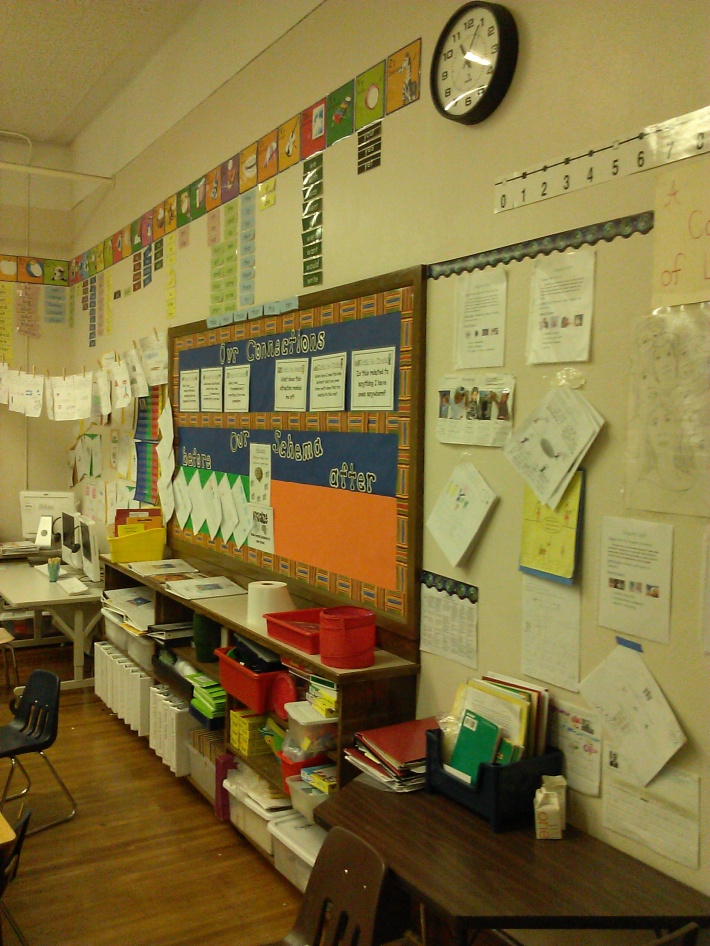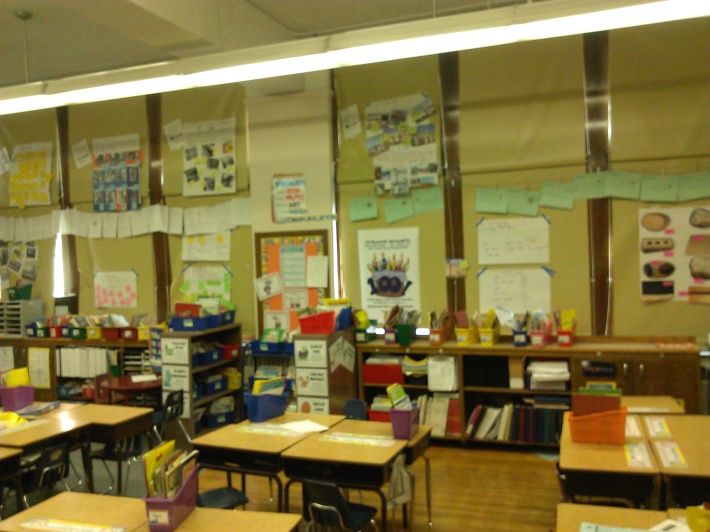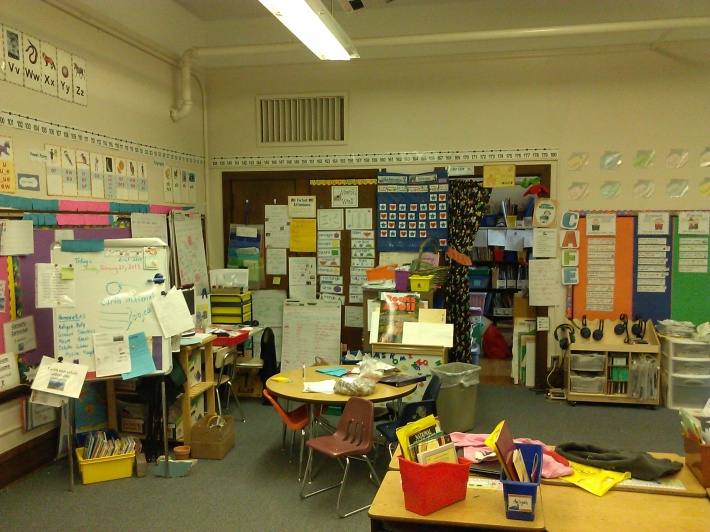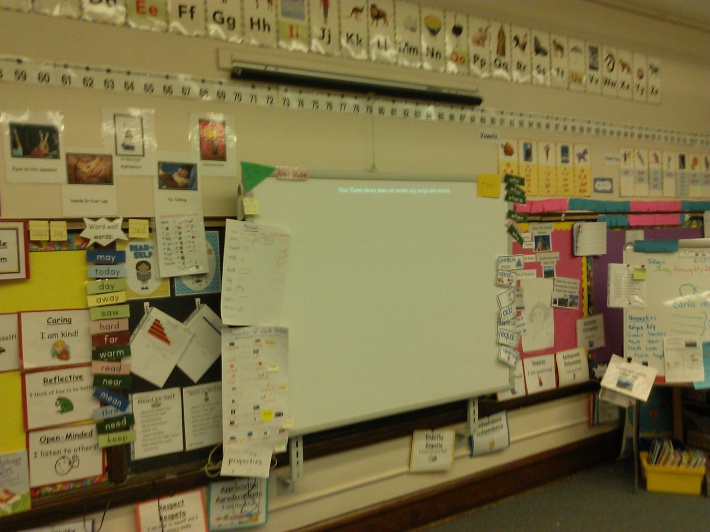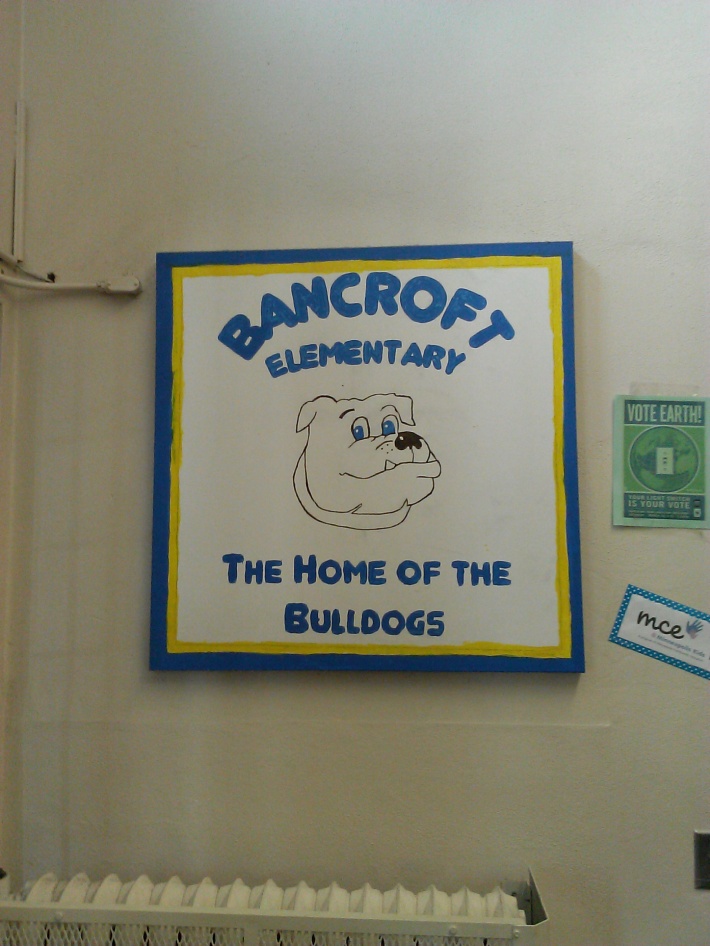Retracing the Pedagogy of Your Past
When I think about my education, from Kindergarten up until now, there has been plenty of ups and downs. I have had teachers that cared deeply and went out of there way to help me with the materials and content as well as what personal struggles I may have been experiencing. I’ve been very lucky to have some incredible teachers. But this was not always the case. One moment that really stands out for me happened in eighth grade, it was in my social studies class with my favorite teacher (at the time, anyways), Mr. Hughs. Mr. Hughs was also my soccer and baseball coach at Hazel Park Middle School, and I very much looked up to him with respect and admiration. One day in eighth grade we were learning about the holocaust, and as was sometimes the case I was being a bit of a class clown and making jokes. In hindsight I can see how my behavior was distracting and frustrating while he was trying to teach us the lesson. But how he reacted was inappropriate, I was not making any offensive jokes nor where my jokes even relating to the holocaust, I knew better than that at that age. But the subject matter making me uncomfortable had caused me to make jokes and want to lighten the mood. Mr. Hughs decided that he was going to use me as an example while talking about the trains arriving at the concentration camps, and while explaining how the Nazis would separate people upon arrival based on their physical appearances he said “If you would have been on one of those trains, they would have deemed you fat, stupid, and worthless. They would have shot you on the spot.” As an adult now, I can understand where he was coming from. I was frustrating him while he was teaching us an important lesson and he wanted me to stop distracting him and his class. But at that time it was devastating to me, here was my favorite teacher that I had really looked up to, insulting me deeply in front of the entire class. It definitely shut me up, and not just for that class period, but for the rest of the year in his class. I really felt uncomfortable in his class from there on out. I’m not sure why he decided on that instructional method, but humiliating a student like that doesn’t seem to be the best choice for dealing with that. I would like to believe that he somehow had good intentions, or that he regretted his decision afterward, but that’s something I will never know. It’s taught me that I would never do that to a student, and that we have to think about how we can destroy a relationship that we’ve built over a long period in less than a minute. We need to realize, as educators, that our students are young and fragile. Just as we have the opportunity to help them and foster growth, we also have the opportunity to hurt them and create an environment that they don’t feel safe in. People can be distracting or frustrating at times, but two wrongs never make a right.
